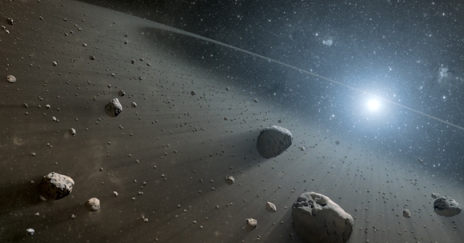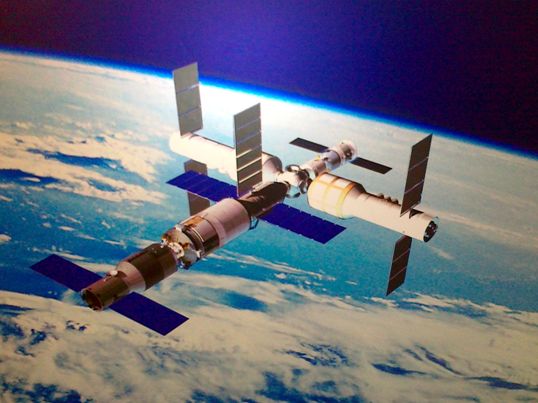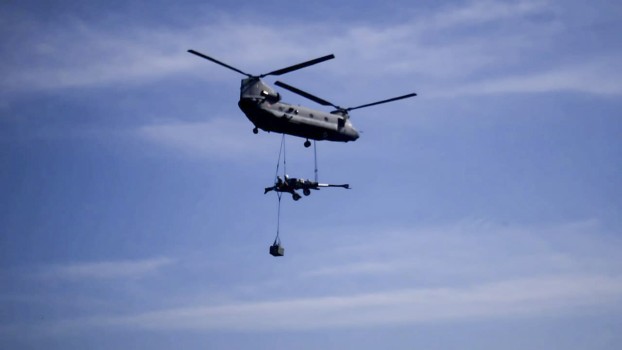
WASHINGTON (AFP): The US space agency's programme to detect and protect the Earth from incoming asteroids is poorly managed and far behind schedule, according to a government audit report.
Just one million of the programme's USD 40 million annual budget is spent on strategies to deflect an incoming asteroid or evacuate areas in danger of impact, said the report on Monday by NASA inspector General Paul Martin.
NASA was tasked by Congress in 2005 to establish a programme for tracking near-Earth objects (NEO) greater than 140 meters in diameter (460 feet), to decide on their threat and to catalogue 90 per cent of these objects by 2020.
"While the programme has discovered, categorised, and plotted the orbits of more than 11,000 NEOs since 1998, NASA estimates that it has identified only 10 per cent of all asteroids 140 meters and larger and will not meet the 2020 deadline," said the audit.
Furthermore, it described NASA's NEO Programme as organised under "a single programme executive who manages a loosely structured, non-integrated conglomerate of research activities with little coordination, insufficient program oversight, and no established milestones to track progress."
The report noted that most NEOs are harmless and disintegrate before they reach the surface of the Earth.
However, some survive, it said, pointing to the 18-meter meteor that exploded above the city of Chelyabinsk, Russia in 2013 "with the force of 30 atomic bombs, blowing out windows, destroying buildings, and injuring more than 1,000 people."
Other problems with NASA management of the programme included an asteroid redirect mission that was not managed by the NEO programme, and "inadequate controls to ensure proper accounting of agency-funded grants and task orders."
The "lack of planning and resources has prevented the NEO Programme from developing additional agreements that could help achieve programme goals," it added.
"For example, establishing formal partnerships with the Department of Defence, the National Science Foundation, and international agencies could give the NEO Programme access to additional Earth-based telescopes and thereby increase its ability to detect, track, and characterise a greater number of NEOs."
 Previous Article
Previous Article













The Indian Air Force, in its flight trials evaluation report submitted before the Defence Ministry l..
view articleAn insight into the Medium Multi-Role Combat Aircraft competition...
view articleSky enthusiasts can now spot the International Space Station (ISS) commanded by Indian-American astr..
view article